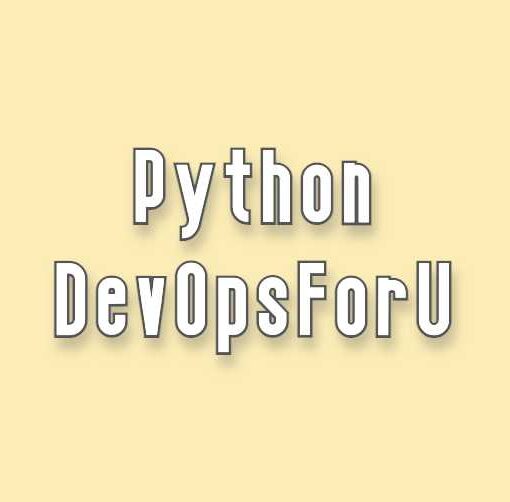
DevSecOps is a rapidly growing field that is becoming increasingly important for organizations of all sizes. With the growing number of cyber threats and the increasing complexity of software development, it is more important than ever for organizations to adopt a DevSecOps approach to software development. If you’re interested in starting a career in DevSecOps, here are some steps you can take to get started.
- Learn the basics: Before you can start a career in DevSecOps, you need to understand the concepts and technologies that are used in this field. This includes learning about software development methodologies (such as Agile and Scrum), continuous integration and delivery, security best practices, and cloud infrastructure. You can start by reading books, taking online courses, or attending workshops to learn about these topics.
- Build a portfolio: Once you have a good understanding of the basics, you can start building a portfolio of projects that demonstrate your knowledge and skills in DevSecOps. This could include implementing security controls in a CI/CD pipeline or automating infrastructure deployments. Having a portfolio of projects that you can show to potential employers will help you stand out when you’re looking for a job.
- Network: Networking is an important part of any career, and it’s especially important when you’re starting a career in a new field. Attend meetups, conferences, and other events in the DevSecOps community to connect with other professionals and learn about new developments and opportunities. You can also join online communities and forums dedicated to DevSecOps to connect with other professionals and learn from their experiences.
- Get certified: Obtaining industry-recognized certifications such as the Certified Secure Software Lifecycle Professional (CSSLP) or the Certified Information Systems Security Professional (CISSP) can help you stand out to potential employers. These certifications demonstrate that you have a deep understanding of the concepts and technologies used in DevSecOps.
- Gain experience: Experience is key to any career, and it’s especially important when you’re starting a career in a new field. Look for opportunities to work on DevSecOps projects in your current job or through internships, apprenticeships, or volunteer work. This will give you the hands-on experience you need to be successful in this field.
- Continuously learn and improve: DevSecOps is a constantly evolving field, so it’s important to stay up to date with new technologies, best practices, and industry trends. This could include reading blogs and articles, attending webinars and workshops, or taking online courses to learn new skills.
- Understand the relationship between development, security, and operations: In DevSecOps, development, security, and operations teams work together to build and deploy secure software. It is important to understand how these teams interact and how to balance the competing demands of speed, security, and stability. This can be achieved by implementing a culture of collaboration and communication within the organization.
- Learn about automation and scripting: Automation is a key part of DevSecOps, as it allows teams to automate security tasks, such as vulnerability scans and penetration testing, as well as infrastructure deployment. By learning how to automate tasks and write scripts (e.g. in Python, Bash, or PowerShell), you can help your team to improve the speed and efficiency of the software development process.
- Get familiar with cloud-based services: Many companies are moving their infrastructure to the cloud, so learning about cloud-based services such as AWS, Azure, or Google Cloud can be beneficial. Understanding how to deploy and manage applications in the cloud will make you a valuable asset to any DevSecOps team.
- Gain experience with security tools: Familiarizing yourself with security tools such as firewalls, intrusion detection and prevention systems, and vulnerability scanners can help you to identify and address security issues early in the development process. Understanding how these tools work and how to use them effectively will make you a valuable asset to any DevSecOps team.
- Be adaptable and open to new technologies: DevSecOps is a rapidly evolving field and new technologies are emerging all the time. Being open to learning new skills and adapting to new tools and processes is important to staying current in the field and being able to adapt to the changing needs of the industry.
- Join a community: Joining an online community or forum dedicated to DevSecOps such as Slack groups or LinkedIn groups will give you access to a wealth of knowledge and resources as well as the opportunity to connect with other professionals in the field. This can be a great way to stay current with the latest developments in the field and to learn from the experiences of others.
Starting a career in DevSecOps requires a combination of technical skills and soft skills. By focusing on learning the basics, building a portfolio, networking, getting certified, gaining experience, continuously learning and improving, understanding the relationship between development, security and operations, learning about automation and scripting, getting familiar with cloud-based services, gaining experience with security tools, being adaptable and open to new technologies and joining a community, you can set yourself up for success in this rapidly growing field.
This article is created based on experience but If you discover any corrections or enhancements, please write a comment in the comment section or email us at contribute@devopsforu.com. You can also reach out to us from Contact-Us Page.
Follow us on LinkedIn for updates!





One thought on “How to Start Career in DevSecOps”